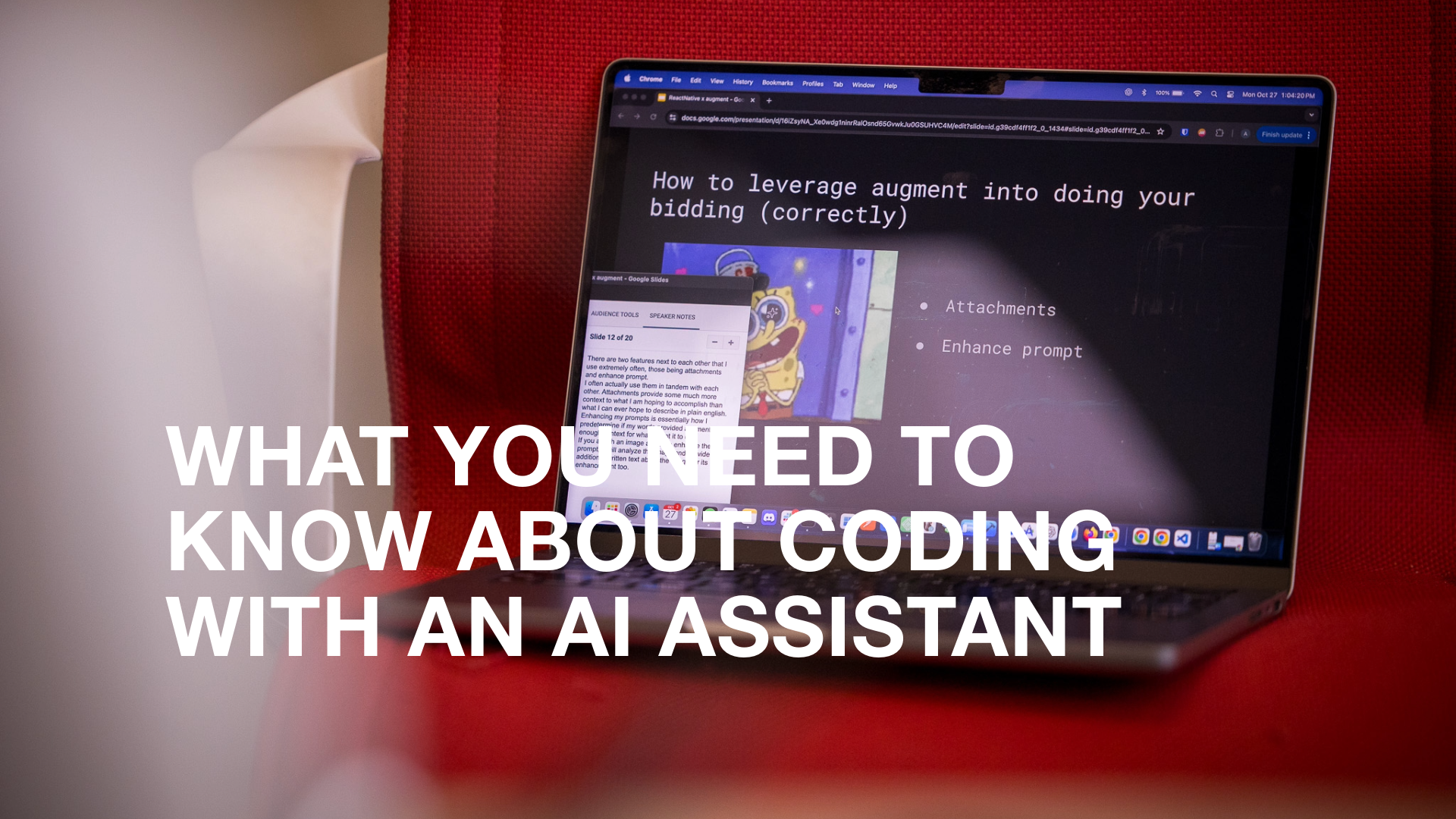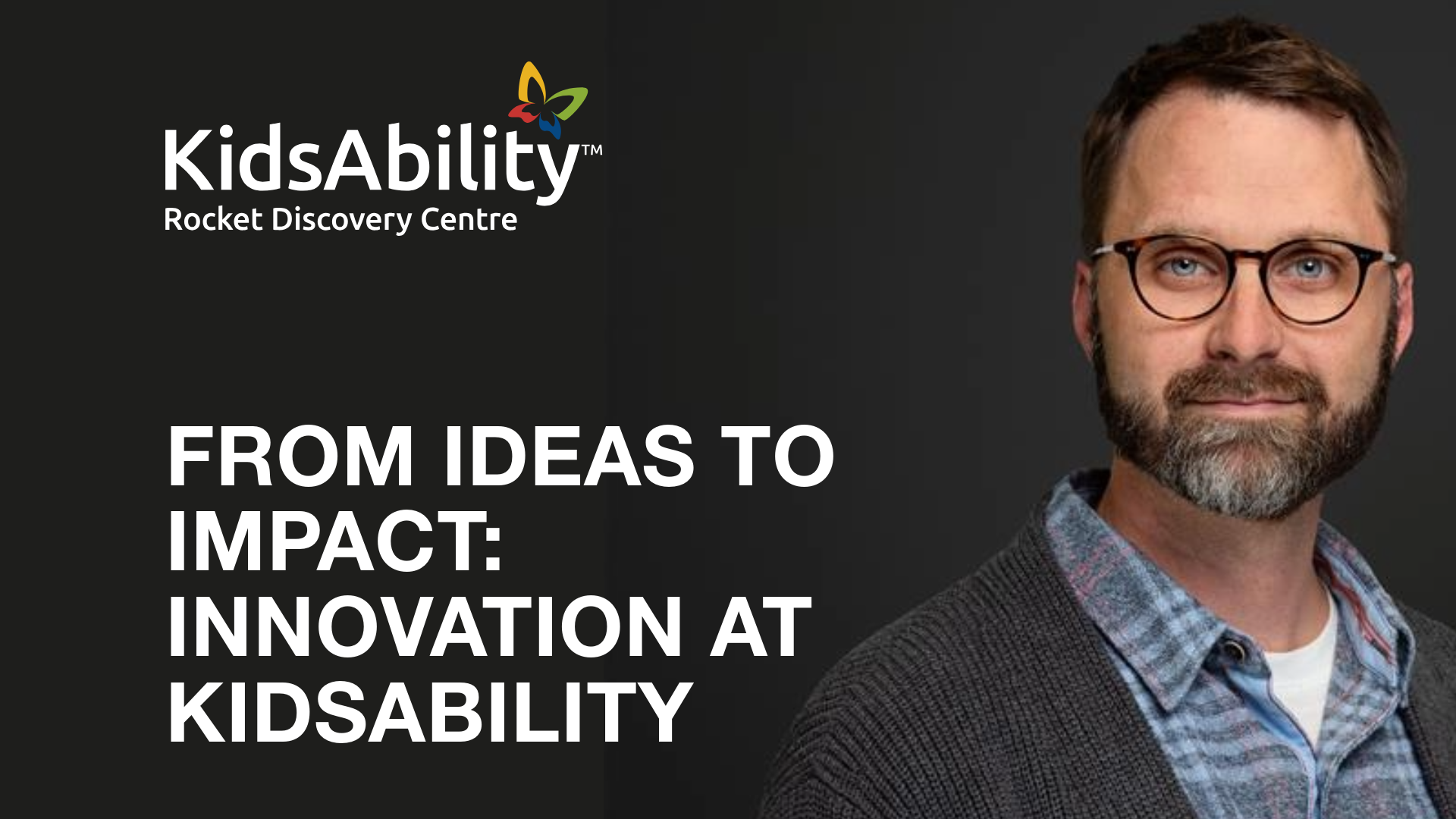The way we thought about our smartphones changed forever when Apple launched its App Store in 2008. These plastic and glass slabs went from portable internet devices to full-fledged computers in our pockets. Today, it’s hard to imagine not pulling out your iPhone or Android smartphone when paying for your Starbucks order or presenting your ticket to board a flight.
It was the “app store moment,” with competitors Google and RIM (BlackBerry) quickly launching their own application storefronts for developers to distribute and sell applications to users worldwide.
Tools like ChatGPT and Google Bard have been around for over a year now, and developers have been hard at work creating new applications powered by these tools. But even with generative AI seemingly everywhere, many consumers are not taking advantage of the full power of AI.
Generative AI needs its app store moment, which could be happening right now with the launch of OpenAI’s GPT store. So what’s a GPT, and why are they important enough to get their own store? Let’s dig in!
What is a GPT?
For all intents and purposes, a GPT is a generative AI application. GPT stands for "Generative Pre-trained Transformer,” and as much as we wish, it is not a transformer from our favourite 1980s toy line.
If you’ve used ChatGPT, you’re already familiar with its uncanny ability to answer questions and generate content in an almost human-like fashion. The large language model (LLM) developed by OpenAI that powers ChatGPT is trained on over 45 terabytes of text data from across the internet.
While that’s a lot of data, it still has limitations. For example, if you’re an insurance company with extensive and detailed policy documents, ChatGPT doesn’t have access to that information to answer a user’s question.
GPTs solve this by letting you build on the pre-trained LLM and then fine-tune it with instructions, extra knowledge, and other skills to provide tailored answers for your customers or users.
How is this different than building with the OpenAI API?
If you’ve spent time on LinkedIn or Instagram, you’ve probably seen posts with AI experts sharing their top prompts to use with ChatGPT. Prompts are user-provided inputs or instructions that can help generative AI platforms return better responses. Here are three examples of commonly used prompts:
- Creative Writing Prompt. "Write a short story about a futuristic society where humans live alongside advanced AI companions. Explore the challenges and benefits of this coexistence."
- Coding Assistance Prompt. Generate Python code to calculate the factorial of a given number using recursion."
- Conversational Query Prompt. "Explain the concept of climate change and its impact on the environment in simple terms."
Instead of constantly copying and pasting prompts and instructions into ChatGPT, GPTs allow developers to create unique ChatGPT experiences with the prompts, instructions, and skills already there.
Developers can also connect GPTs to real-world data sources, such as knowledge bases, wikis, or other resources. This means your GPT can provide real-time answers to natural-language questions that go beyond “Have you tried turning it off and on again.”
What is the GPT Store?
OpenAI’s GPT Store is the app store for generative AI. Developers can publish their GPTs and make them available to users.

The GPT Store includes many of the traditional app store features you use every day as an end user or a developer:
- Categories. Developers can tag their GPTs with categories to help with discovery.
- Search. It’s not a store without a search feature! The GPT Store allows users to find and discover new GPTs.
- Featured. Each week, OpenAI features new GPTs that bring new experiences to end users.

How do developers monetize GPTs?
Currently, the GPT Store does not offer monetization opportunities for developers, but they have announced that they will in the future. However, unlike mobile application stores, developers will not sell GPTs. Instead, OpenAI announced that developers will be paid based on user engagement with their GPTs.
It’s an interesting model that builds on ChatGPT's service nature. Today, the applications we build with ChatGPT depend on paid access to its API. Developers offering ChatGPT-powered iOS and Android apps either have to pay those fees themselves or pass them on to end users through in-app purchases. GPTs change the application model we know today as end users imply access to GPTs within the OpenAI ChatGPT app.
Ready to launch your business’s GPT?
Our team has extensive experience building with the OpenAI API and GPT tools, and we’re here to help you bring your interactive, authentic, branded experiences to your users. You can see our work in action with GhostWriter AI Pro, a ChatGPT-powered writing assistant application for iOS devices.
Need help bringing your AI app to market or just have questions? Get in contact with us today to learn more.
Photo by Markus Winkler on Unsplash




